The Education and Training Employees Association represents over 140 teachers at private post-secondary institutions in the lower mainland. The ETEA is also a proud member of the Federation of Post Secondary Educators which represents over ten thousand post secondary instructors throughout BC.
The ETEA’s primary mission is to protect and enhance working conditions and wages for private sector instructors in the Lower Mainland. ETEA represented schools meet higher educational standards are more accountable than non-union schools.
Recently, the Federal Government announced a two-year, 30% reduction in the number of international student visas. The ETEA supports and works to ensure good learning conditions for international students. We are pleased the government is finally taking action to improve private international education conditions. However, the approach has been heavy handed and off the mark.
First, the visa cap doesn’t distinguish the good schools from the “bad apple” schools which exploit students and teachers; it simply lumps all private schools together, negatively impacting teachers and students at reputable, regulated, unionized schools.
Second, International students are not the reason for the housing crisis.
Third, the Government’s harsh, top-down approach has obscured important consequences of limiting student visas including the economic impact for teachers, for communities, and the impact on the ongoing execution of regulatory enforcement.
We believe there is a better way to ensure international students have a good educational experience. We propose:
- Government should work in partnership with unions, schools, and accrediting bodies in order to improve the international student experience, the student visa system, and keep Canada a premiere destination for students.
- There should be consideration and protection of teachers’ jobs.
- Include teachers’ voices in all deliberations. We have experience, knowledge of regulations and their impact, and a professional dedication to high quality post secondary education.
- Create a regulatory framework that protects students from bad actors in the industry. These bad actors need to be managed through enforcement of current PTIB rules and the regulations of agents.
- Create more robust procedures, including an ombudsman, to follow up on student complaints, non-compliance with PTIB standards, and to ensure greater oversight and enforcement for offending schools.
- Adjust the number of student visas allocated to Canadian schools that have been identified as currently having an unsustainable number of international students.
- Impose stricter regulations on agents as is being done in Australia. Australian schools must terminate relationships with agents who don’t abide by ethical standards of conduct or who engage in dishonest practices.
- Foster good working conditions for teachers (wage, physical space, curriculum) including through unionization which will improve the quality of education, create more secure, less precarious work, and therefore improve the reputation of the industry.
